
Kod: 05091347
Self, Community, World
This book traces Moravian educational ideas and practices in the eighteenth century. A transnational fellowship rather than a nation state, the Moravians had established themselves by the early 1740s as an Atlantic community under ... więcej
- Język:
 Angielski
Angielski - Oprawa: Twarda
- Liczba stron: 300
Wydawca: Lehigh University Press, 2009
- Więcej informacji o książce

139.07 €

Dostępna u dostawcy w małych ilościach
Wysyłamy za 10 - 14 dni
Potrzebujesz więcej egzemplarzy?Jeżeli jesteś zainteresowany zakupem większej ilości egzemplarzy, skontaktuj się z nami, aby sprawdzić ich dostępność.
Dodaj do schowka
Zobacz książki o podobnej tematyce
-

Southern Book Club's Guide to Slaying Vampires
14.38 € -20 % -

Darker Shade of Magic Collector's Edition
28.77 € -6 % -

Schutzrechte und Dienstleistungen für Kinder mit Behinderungen
51.92 € -9 % -
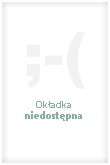
Lilac
21.32 € -6 % -

Cabin Fever
37.12 € -5 % -

All The Better To See You
8.34 € -27 % -
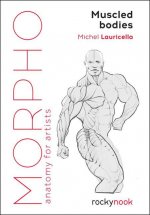
Morpho Muscled Bodies
12.77 € -20 % -

Hidden Tracks
42.46 € -

Lou Gehrig: The Inspirational Story of Baseball Legend Lou Gehrig
8.14 € -1 % -
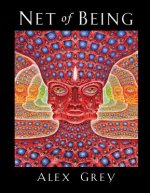
Net of Being
42.66 € -15 % -

Sophia Code
21.12 € -18 % -

Thoughtful Gardener
34.41 € -31 % -

Clifford Collection
15.39 € -

War of the Worlds
10.76 € -24 % -

Muscle Relaxants, 1
177.51 € -
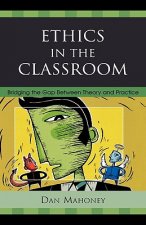
Ethics in the Classroom
153.66 € -
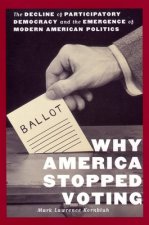
Why America Stopped Voting
36.22 € -
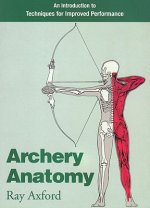
Archery Anatomy
17.20 € -28 % -

Stop Acting Rich - ...And Start Living Like a Real Millionaire
16.80 € -27 % -

Streets of London
51.31 € -18 % -

Richard Strauss. Die Opern
9.85 € -5 %
Podaruj tę książkę jeszcze dziś
- Zamów książkę i wybierz "Wyślij jako prezent".
- Natychmiast wyślemy Ci bon podarunkowy, który możesz przekazać adresatowi prezentu.
- Książka zostanie wysłana do adresata, a Ty o nic nie musisz się martwić.
Więcej informacji o Self, Community, World
Za ten zakup dostaniesz 350 punkty
 Opis
Opis
This book traces Moravian educational ideas and practices in the eighteenth century. A transnational fellowship rather than a nation state, the Moravians had established themselves by the early 1740s as an Atlantic community under the leadership of a German count, Nikolaus Ludwig von Zinzendorf. This cosmopolitanism, paralleled only in the aristocratic culture and the expanding network of Masonic lodges, became a natural, self-evident experience of the Moravians in Germany, Holland, England, the Caribbean and North American colonies, and Africa. What made this global educational experience possible? This book answers the question by exploring Moravian education at three different but closely intertwined levels: the place of Moravian education in the eighteenth-century political and intellectual landscape, its attention to the individual development of its members, and its distinctive communal organization. The book is divided into five sections. In the first section, Jon Sensbach explores the Moravians' transnational and Atlantic experiences and lays the groundwork for many of the subsequent essays. Alexander Schunka traces the connections between the ancient Unity of the Brethren and the renewed Moravian Church. In the second section, Julie Tomberlin Weber's innovative work places Moravians in the context of eighteenth-century German cultural history by exploring Lessing's Zinzendorf reception, while Jonathan Yonan situates Moravian experience in eighteenth-century England. Peter Vogt surveys the limitations of Moravian educational thinking. Continuing this exploration in the section on Self, Katherine Faul and Pia Schmid study the educational uses of autobiographies and pastoral listening, while Gisela Mettele analyzes the Moravian practice of autobiographical writing as a collective ritual. The section on Art examines a central component of the varied Moravian educational experience. Sarah Eyerly's and Laurence Libin's essays investigate the role of music and instruments as medium and form of Moravian communal life. Paul Peucker's study shows the varied uses of images in Moravian communities. In conclusion, Heikki Lempa sets the educational practices of the Moravians in the larger context of the eighteenth-century world.
 Szczegóły książki
Szczegóły książki
Kategoria Książki po angielsku Reference, information & interdisciplinary subjects Encyclopaedias & reference works Reference works
139.07 €
- Pełny tytuł: Self, Community, World
- Podtytuł: Moravian Education in a Transatlantic World
- Język:
 Angielski
Angielski - Oprawa: Twarda
- Liczba stron: 300
- EAN: 9781611460582
- ISBN: 1611460581
- ID: 05091347
- Wydawca: Lehigh University Press
- Waga: 567 g
- Wymiary: 247 × 166 × 24 mm
- Data wydania: 01. December 2009
Ulubione w innej kategorii
-

Drummer's Complete Vocabulary as Taught by Alan Dawson
20.32 € -24 % -

Complete Illustrated Encyclopedia of Dinosaurs & Prehistoric Creatures
14.88 € -26 % -
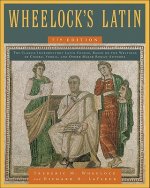
Wheelock's Latin
16.70 € -26 % -

UK Echocardiography Pocketcard Set
6.03 € -10 % -

A-Z Guide to Drug-Herb-Vitamin Interactions Revised and Expanded 2nd Edition
21.02 € -15 % -

Cockpit Confidential
13.68 € -24 % -
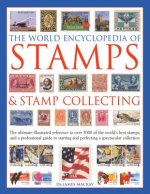
World Encyclopedia of Stamps & Stamp Collecting
13.68 € -4 % -
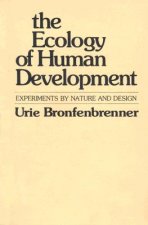
Ecology of Human Development
47.79 € -
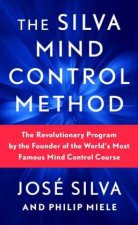
The Silva Mind Control Method (Pocket)
14.18 € -9 % -

Flavour Thesaurus
20.22 € -20 % -

Illustrated World Encyclopedia of Knives, Swords, Spears & Daggers
22.03 € -21 % -

The Anarchist Cookbook
30.28 € -
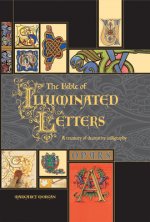
Bible of Illuminated Letters
21.53 € -25 % -

Dictionary of Finance and Banking
23.74 € -

Dictionary of Business and Management
15.49 € -21 % -

Ranger Medic Handbook
13.07 € -18 % -
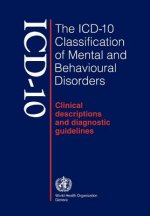
ICD-10 Classification of Mental and Behavioural Disorders
58.66 € -
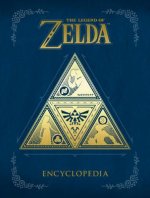
Legend Of Zelda Encyclopedia
34.01 € -16 % -
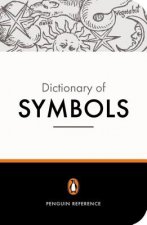
Penguin Dictionary of Symbols
19.21 € -28 % -

Vagabonding
13.98 € -23 % -

Metapolis Dictionary of Advanced Architecture
46.38 € -10 % -

Future Noir
17.40 € -

Tiny House Building
16.80 € -

How to Draw Portraits in Charcoal
25.55 € -23 % -
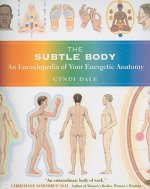
Subtle Body
33.70 € -25 % -

Reference Manual of Woody Plant Propagation
40.04 € -

Just My Type
12.67 € -

Jazz & Blues Encyclopedia
24.75 € -12 % -

Dictionary of Military Terms
19.61 € -
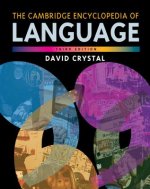
Cambridge Encyclopedia of Language
45.78 € -23 % -

101 Things I Learned in Urban Design School
17.20 € -14 % -

Colour Atlas of Ophthalmic Plastic Surgery
256.31 € -13 % -

Connoisseurs Book Of Japanese Swords
55.34 € -25 % -
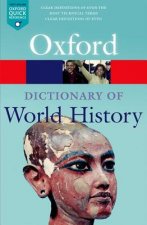
Dictionary of World History
16.19 € -18 % -

Oxford Guide to Effective Argument and Critical Thinking
14.18 € -28 % -

4th Generation Warfare Handbook
16.09 € -

Art of the Cut
11.16 € -2 % -

Herbal Contraindications and Drug Interactions
57.05 € -16 % -

Beginner's Guide to Dehydrating Food: How to Preserve all Your Favorite Vegetables, Fruits, Meats and Herbs
20.22 € -22 % -

Ultimate Yorkshire Terrier Book
21.32 € -6 % -

Marvel Encyclopedia New Edition
38.73 € -20 % -
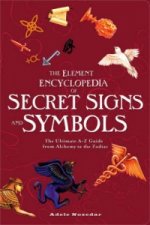
The Element Encyclopedia of Secret Signs and Symbols
19.21 € -28 % -
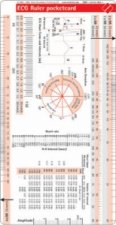
ECG Ruler Pocketcard
3.51 € -10 % -

Illustrated Herbiary: Guidance and Rituals from 36 Bewitching Botanicals
16.70 € -20 % -

Collecting (Vintage) Watches
9.05 € -10 % -

US Army Small Unit Tactics Handbook
31.49 € -

Tao of Charlie Munger
17.20 € -28 % -

Dictionary of Biology
17.50 € -11 % -
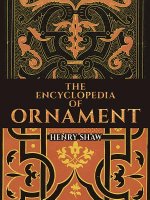
Encyclopedia of Ornament
11.06 € -29 %
Osobní odběr Bratislava a 2642 dalších
Copyright ©2008-24 najlacnejsie-knihy.sk Wszelkie prawa zastrzeżonePrywatnieCookies


 Vrácení do měsíce
Vrácení do měsíce Zdarma od 49.99 €
Zdarma od 49.99 € 02/210 210 99 (8-15.30h)
02/210 210 99 (8-15.30h)